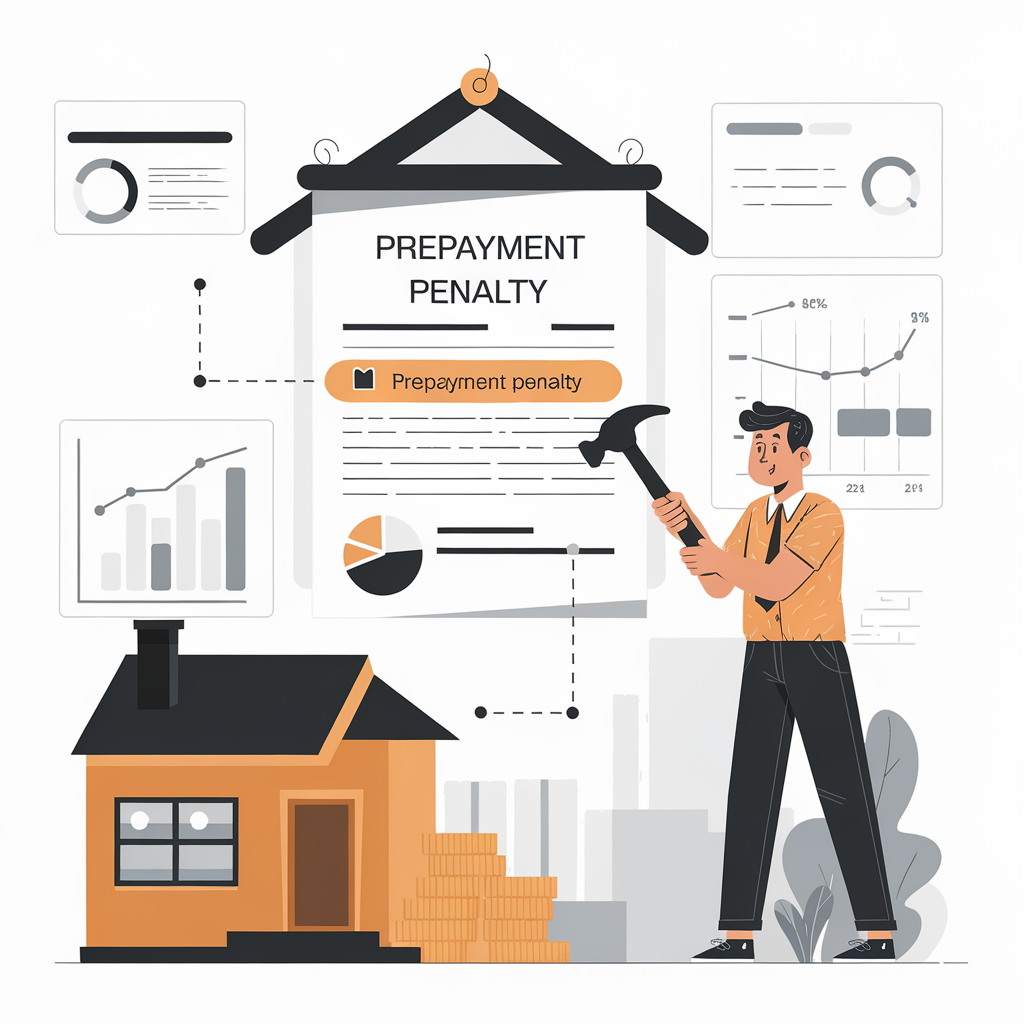Understanding Why Your Credit Card Gets Declined and How to Prevent It
At O1ne Mortgage, we prioritize consumer credit and finance education. We understand how frustrating and embarrassing it can be when your credit card is declined, especially at the checkout counter. Credit cards offer convenience and reliability, but there are several reasons why your card might be declined. In this blog, we will explore these reasons and provide actionable steps to prevent it from happening. If you need any mortgage services, feel free to call us at 213-732-3074.
Why Is My Credit Card Being Declined?
When your credit card is declined, it’s essential to contact your issuer immediately to determine the cause. Here are some common reasons why your credit card might be rejected:
1. You’ve Reached Your Credit Limit
If you’ve made several purchases recently, you might have maxed out your card. Some credit card companies allow over-the-limit charges but may impose a fee. Keeping your credit utilization below 30% is crucial for maintaining a good credit score. High achievers often have a utilization rate in the single digits.
2. Your Purchase Was Flagged as Fraud
Credit card fraud is a common issue, and issuers are vigilant about suspicious activity. While it can be annoying, these measures protect you from identity theft. If your card is declined and you have available credit, call the number on the back of your card to resolve the issue.
3. You Have a Large Pending Transaction
Companies like rental car providers and hotels may place a hold on your card, affecting your available credit. To resolve this, you can request the hold to be lifted, plan your purchases accordingly, or use a different payment method.
4. You’re Behind on Payments
Issuers may restrict your card use if you have an outstanding balance. Contact your issuer to discuss your situation and explore options like waiving minimum payments or setting up a modified payment plan.
5. Your Credit Card Is Expired
Sometimes, a declined card is due to an expired card. Ensure your address is up-to-date to receive your new card. If you haven’t received a new card, contact your issuer immediately.
6. Your Credit Account Was Closed Without Your Knowledge
Accounts can be closed for various reasons, including overdue payments, inactivity, exceeding your credit limit, or a significant drop in your credit score. Regularly check your account status to stay informed.
What to Do if Your Card Gets Declined
Here are steps to resolve issues causing a declined transaction and reduce the chances of it happening again:
1. Try the Transaction Again
Sometimes, a worn-out card or incorrectly entered information can cause a decline. Double-check your details and try again. If the issue persists, visit a physical store to complete the purchase.
2. Contact Your Card Issuer
A quick call to your issuer can resolve issues like suspected fraud, expired cards, or maxed-out credit limits. Verify your identity and request a credit line increase if necessary.
3. Address the Problem
Take steps to resolve the issue, such as storing credit card information correctly, asking the issuer to reopen a closed account, making overdue payments, and carrying multiple cards.
How to Prevent Your Credit Card From Being Declined
To avoid declined transactions, consider these actions:
Set Up Account Alerts
Enable purchase alerts, due date reminders, and fraud alerts to stay on top of your account balance and detect potential identity theft.
Schedule Auto Payments
Set up autopay to ensure you never miss a payment. Opt for an amount larger than the minimum payment to pay down your balance faster.
Pay Off Your Credit Card Balance Each Month
Paying off your card monthly helps avoid declined transactions, improve your credit score, and avoid interest charges.
Keep Your Account Contact Information Up to Date
Update your contact information to ensure your issuer can reach you in case of potential fraud. This helps prevent declined transactions.
Pay Attention to Messages from Your Card Issuer
Read and understand any communications from your issuer, including new card notifications and important updates.
Does Having Your Credit Card Declined Hurt Your Credit?
No, a declined transaction does not hurt your credit. However, the reasons behind it, such as maxed-out credit limits or missed payments, can negatively impact your credit score.
Actions That Can Hurt Your Credit
Late or missing payments and exceeding your credit limit can lead to declined transactions and harm your credit score. Payment history accounts for 35% of your FICO® Score, and missed payments stay on your credit report for seven years.
Monitor Your Credit to Avoid Having Your Credit Card Declined
Monitoring your credit can help you stay ahead of potential issues that could lead to declined transactions. Credit monitoring alerts can help you track your spending, stay on top of payment due dates, and detect potential fraud.
At O1ne Mortgage, we are committed to helping you manage your credit effectively. For any mortgage service needs, call us at 213-732-3074. Stay proactive in monitoring your credit and take steps to prevent declined transactions for a smoother financial experience.







